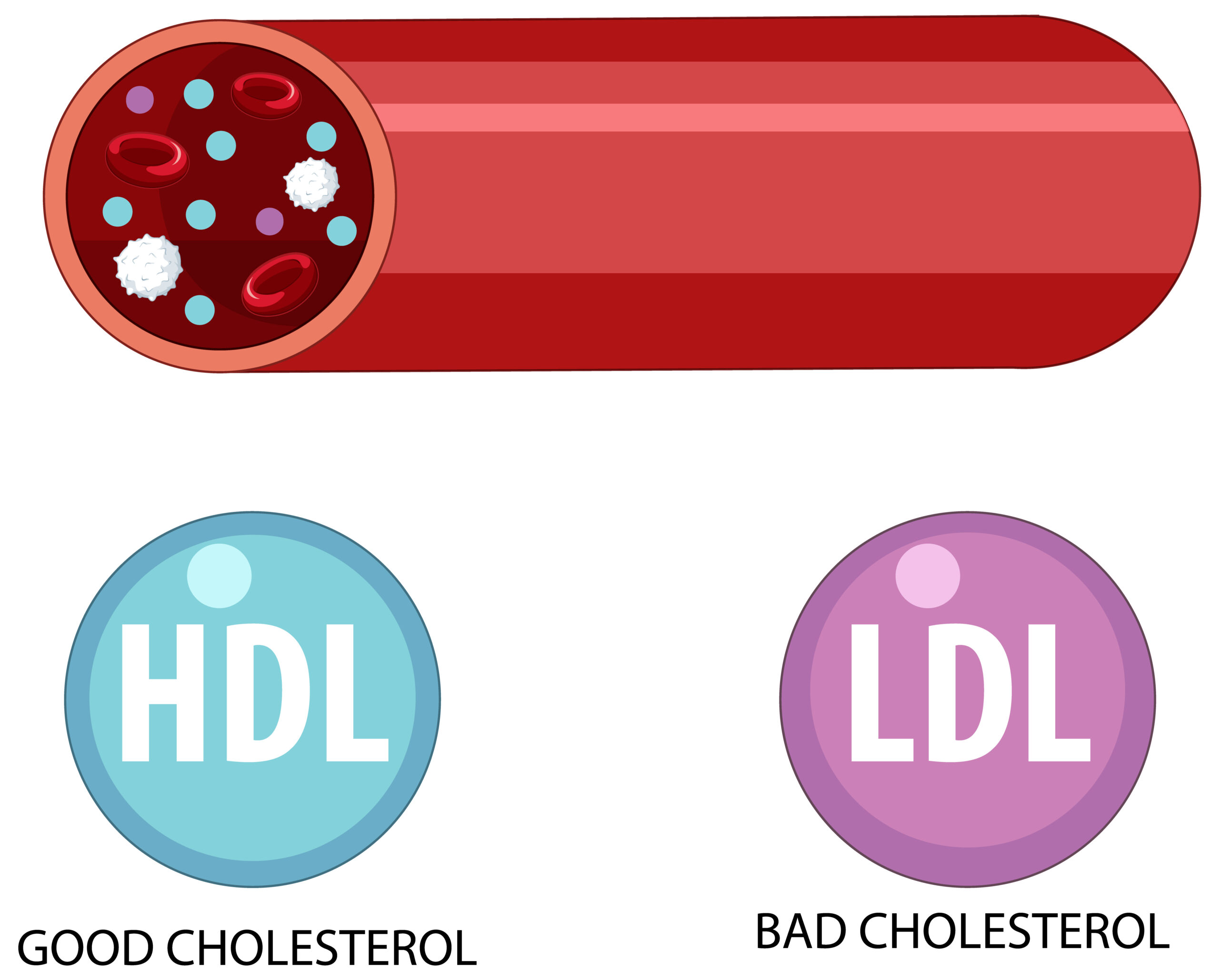Diarrhea is a common condition characterized by frequent, loose, or watery stools. While it often resolves on its own within a few days, diarrhoea can sometimes indicate a more serious underlying condition, especially when it persists. Understanding the causes, symptoms, and effective management strategies for diarrhoea is crucial for maintaining good health and preventing complications.
What Causes Diarrhea?
Diarrhea can result from various factors, ranging from infections to dietary choices.
Common causes include:
Infections: Viral, bacterial, and parasitic infections are the leading causes of diarrhoea. Viruses like norovirus and rotavirus, bacteria like E. coli and Salmonella, and parasites like Giardia can all trigger episodes of diarrhoea.
Food Intolerances: Lactose intolerance and gluten sensitivity (celiac disease) can lead to diarrhoea when the offending food is consumed.
Medications: Antibiotics, antacids containing magnesium, and certain cancer treatments can disrupt the balance of bacteria in the gut, causing diarrhoea.
Digestive Disorders: Conditions such as irritable bowel syndrome (IBS), inflammatory bowel disease (IBD), and Crohn’s disease often have diarrhoea as a symptom.
Traveller’s Diarrhea: Consuming contaminated food or water while travelling can lead to this type of diarrhoea.

Symptoms of Diarrhea
The primary symptom of diarrhoea is frequent, loose, or watery stools. Other accompanying symptoms can include:
Abdominal Pain and Cramps: Pain and cramping are common as the muscles in the intestines contract more frequently.
Bloating: Excess gas in the stomach can cause bloating and discomfort.
Nausea and Vomiting: These symptoms often accompany diarrhoea, particularly if an infection causes it.
Fever: A high temperature can be a sign of infection causing diarrhoea.
Dehydration: Severe or prolonged diarrhoea can lead to dehydration, characterized by dry mouth, reduced urination, dizziness, and fatigue.
Managing and Treating Diarrhea
While most cases of diarrhoea resolve without specific treatment, managing symptoms and staying hydrated are crucial. Here are some effective management strategies:
Stay Hydrated
Dehydration is a major concern with diarrhoea. Drinking plenty of fluids is essential, including:
Water: Sip water throughout the day to stay hydrated.
Oral Rehydration Solutions (ORS): These solutions contain a balanced mix of salts and sugars to replenish lost fluids and electrolytes.
Clear Broths and Herbal Teas: These can provide additional fluids and some nutrients without upsetting the stomach.
Dietary Adjustments
Certain foods can help manage diarrhoea, while others should be avoided:
BRAT Diet: Bananas, rice, applesauce, and toast are bland, easy-to-digest foods that can help firm up stools.
Avoid Dairy, Fatty Foods, and High-Fiber Foods: These can aggravate diarrhoea and should be avoided until symptoms improve.
Probiotics: Yogurt with live cultures or probiotic supplements can help restore healthy gut bacteria.
Medications
Over-the-counter medications can provide relief:
Anti-Diarrheal Medications: Loperamide (Imodium) can reduce the frequency of bowel movements.
Absorbents: Medications like bismuth subsalicylate (Pepto-Bismol) can reduce inflammation and kill bacteria causing diarrhoea.
When to Seek Medical Attention
While most cases of diarrhoea are mild, certain situations warrant medical attention:
Persistent Diarrhea: If diarrhoea lasts more than a few days, it’s important to consult a healthcare provider.
Severe Dehydration: Signs include excessive thirst, dry mouth, infrequent urination, and dark urine.
Blood in Stools: This can indicate a serious infection or condition requiring medical evaluation.
High Fever: A healthcare professional should check for persistent fever and diarrhoea.
Preventing Diarrhea
Preventing diarrhoea involves good hygiene and careful food practices:
Hand Washing: Wash hands thoroughly with soap and water, especially before eating and after using the bathroom.
Safe Food Practices: Ensure food is cooked thoroughly and avoid consuming raw or undercooked meats.
Clean Water: Drink bottled or purified water, especially when travelling.
Conclusion
Diarrhea is a common condition that can significantly impact daily life. Understanding its causes, symptoms, and effective management strategies can help individuals navigate through episodes more comfortably and prevent complications. Most cases of diarrhoea can be managed effectively by staying hydrated, making dietary adjustments, and practising good hygiene. However, a healthcare professional should always evaluate persistent or severe symptoms to ensure appropriate care and treatment.









